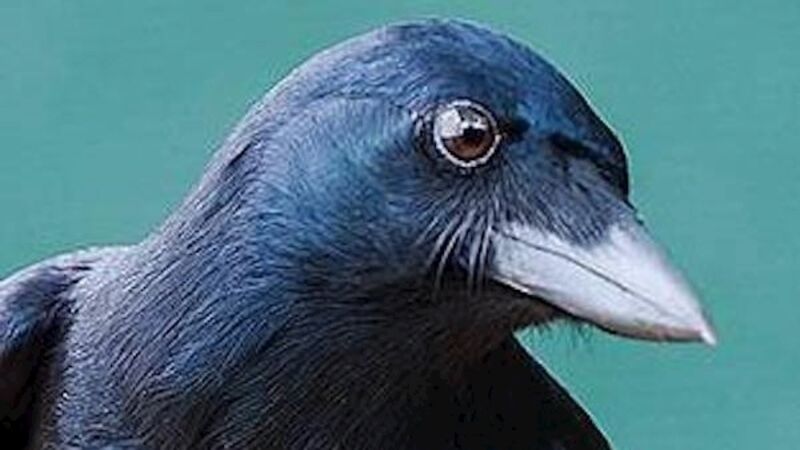Richard Collins: Childhood may be as valuable as having a big brain

Do creatures with big brains fare better in the trials of life than those with small ones? Developing a large brain requires an extended childhood, facilitating education. Knowledge is power. ‘Cognitive buffering’, a reserve of know-how and memory, can help an individual deal with the unexpected and get out of tight corners.
Not only does growing a large brain demand extra resources, the costs of running it are high; the human brain, for example, consumes a fifth of the body’s energy. Nor does extra brain-power guarantee survival. At least five brainy hominid species were alive worldwide until comparatively recently, but Homo sapiens is the only one left standing.










